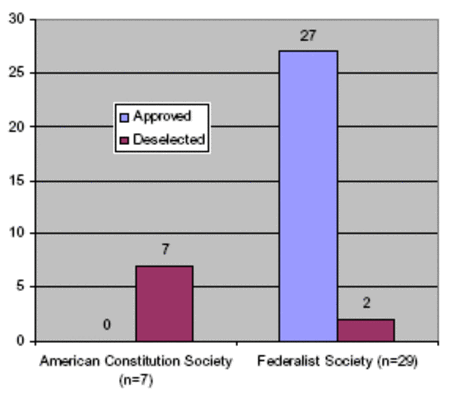From Thursday, it’s Michael Medved:
The act of sexual intercourse between a man and a woman is the only human interaction capable of producing offspring, and therefore enjoys recognition in every culture as the most significant form of intimacy.
"Significant" is a nice wishy-washy word. Frankly, I didn’t know that we ranked various forms of sexual intimacy, in this culture or any culture. Go know.
But let’s go with the premise for a second. If the act of babymaking is the MOST significant form of intimacy in this culture, wouldn’t it stand to reason that the second-most significant form is the ACT of babymaking, even if it doesn’t result in a baby? And if that’s true, shouldn’t we celebrate it by having porn channel after porn channel?
But I digress….
Gay couples, as well as heterosexual partners, may engage in other erotic contact but this affection can’t count as consequential or as serious as intercourse.
Serious or consequential to whom? That’s a frightfully judgmental statement.
But besides, "intercourse" IS erotic contact, and it can happen between gay couples. Just look at the definition of the word:
in·ter·course (noun): physical sexual contact between individuals that involves the genitalia of at least one person
See how that works? So you can have vaginal intercourse, anal intercourse, etc.
Society and law rightly give unique weight to this one form of physical contact, and pay less attention to other forms of affection or pleasure.
No bonehead. Society and law don’t give unique weight to one form of physical contact. They just DON’T. Certainly not the law.
(Are you suggesting, Mike, that if a man rapes another man, the law doesn’t care, because it’s not heterosexual intercourse? C’mon…..)
What, after all, does it mean to “consummate” a same sex marriage?
Oh, Mike. Sit down. I’d like to introduce you to Mr. Merriam-Webster.
Hi, Mike. I’m a dictionary. I hear you have a problem with the word "consummate". No problem, buddy. "Consummate" means to "complete".
There you go, Mike. To consummate a same sex marriage, you have to complete it. Presumably that would be by intercourse (see note above).
That’s okay. I’m here to help, Mike.
We know how to define “virgin” in heterosexual terms, but what, exactly, does that designation mean for lesbians or gay males?
Oh, Mr. Merriam Webster. Come back! He’s doing it again.
Hi, Mike. "Virgin" means "a person who has not had sexual intercourse". Since intercourse involves only ONE genetalia, then it is indeed possible for lesbians and gay makes to have intercourse. And a virgin in that case, would be one who hasn’t had intercourse of any kind.
Thanks, Mr. Merriam-Webster. Confusion abated, Mr. Medved?
The effort to erase all distinction between man-woman sex and gay relationships contradicts both nature and common sense.
Oh, Mike. Sit down. I’d like to interoduce you to Mr. Common Sense….






